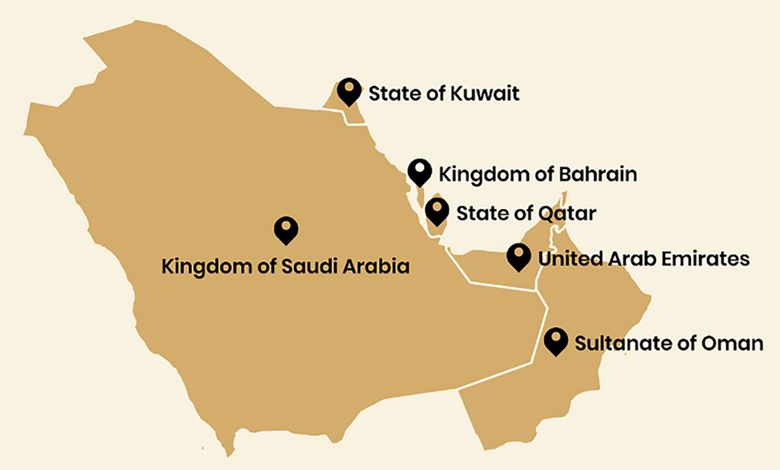The Gulf Cooperation Council (GCC), established over four decades ago, has been a platform for collaboration and trade among its member states, including Bahrain, Kuwait, Oman, Qatar, Saudi Arabia, and the UAE. Despite facing various geopolitical challenges, such as regional conflicts, security threats, and financial vulnerabilities, the GCC remains committed to advancing peace, stability, and success within the Gulf nations.

The GCC’s inaugural shared vision for territorial security is significant because it marks a historic moment in the organization’s history and underscores its commitment to fostering participation and exchange among its member states. The vision focuses on core standards of discretion, exchange, and peaceful conflict resolution, emphasizing the importance of settling disputes through negotiations and exchange rather than force or restraint.
The GCC’s shared vision aims to enhance stability and security in the Gulf nations through improved cooperation, dialogue, and confidence-building measures. It also emphasizes the importance of economic cooperation and improvement, natural preservation and sustainability, and supporting global peace and security by supporting political arrangements to regional conflicts and international efforts to prevent mass destruction.
The GCC’s shared vision for territorial security offers significant suggestions for the organization and the Gulf countries, indicating a major step forward in its efforts to advance participation and discourse among its member states. As the organization continues to adapt to changing territorial flows, the unified vision serves as a guide for the collective interface and goals of its member states.
Comments
Post a Comment